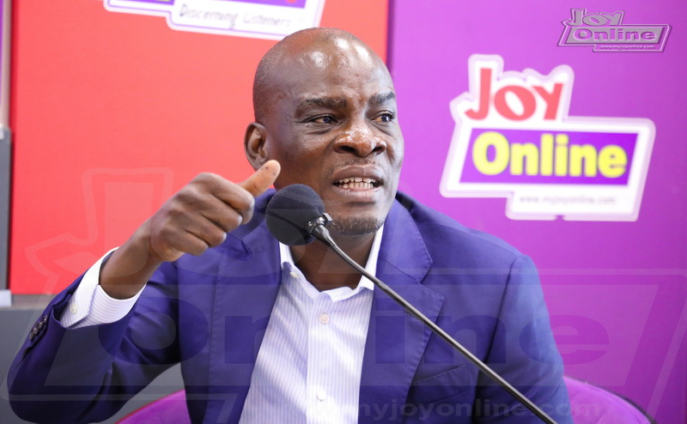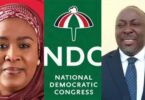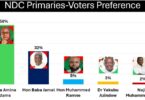Source: Myjoyonline.com
The Ghana Catholic Bishops’ Conference (GCBC) and the Christian Council of Ghana (CCG) have voiced their deep dissatisfaction over their exclusion from the upcoming National Education Forum, scheduled for 18-19 February 2025.
In a statement issued on 17 February, the two influential religious bodies described their omission as a significant setback to inclusive and participatory discussions on Ghana’s educational future.
As major stakeholders in the education sector, the GCBC and CCG expressed their bewilderment at being left out of deliberations that shape the nation’s academic policies.
“We are perplexed by the omission of our contributions to discussions that are pivotal to the future of education in Ghana,” the statement read.
They emphasised their long-standing commitment to providing quality education through their institutions, serving the needs of all Ghanaian children regardless of their background or beliefs.
The two religious organisations have historically played a central role in Ghana’s educational landscape, overseeing numerous schools and advocating for policies that reflect the country’s values and traditions.
They argued that excluding them from such a crucial forum disregards their contributions and weakens the pursuit of a balanced, well-rounded education system.
According to the GCBC and CCG, fostering an inclusive dialogue is key to the success of any educational policy or reform. “Our exclusion from this vital forum undermines the collaborative spirit that is essential to effective policy development,” they stated.
They stressed that education policies should be shaped through the collective input of all stakeholders, including religious groups, educators, and parents, to ensure they align with Ghanaian values and aspirations.
The statement concluded by urging organisers to reconsider their approach and embrace a more inclusive consultation process.
The GCBC and CCG warned that the absence of diverse perspectives from key stakeholders not only weakens policy formation but also risks alienating institutions that have long contributed to the country’s educational development.








